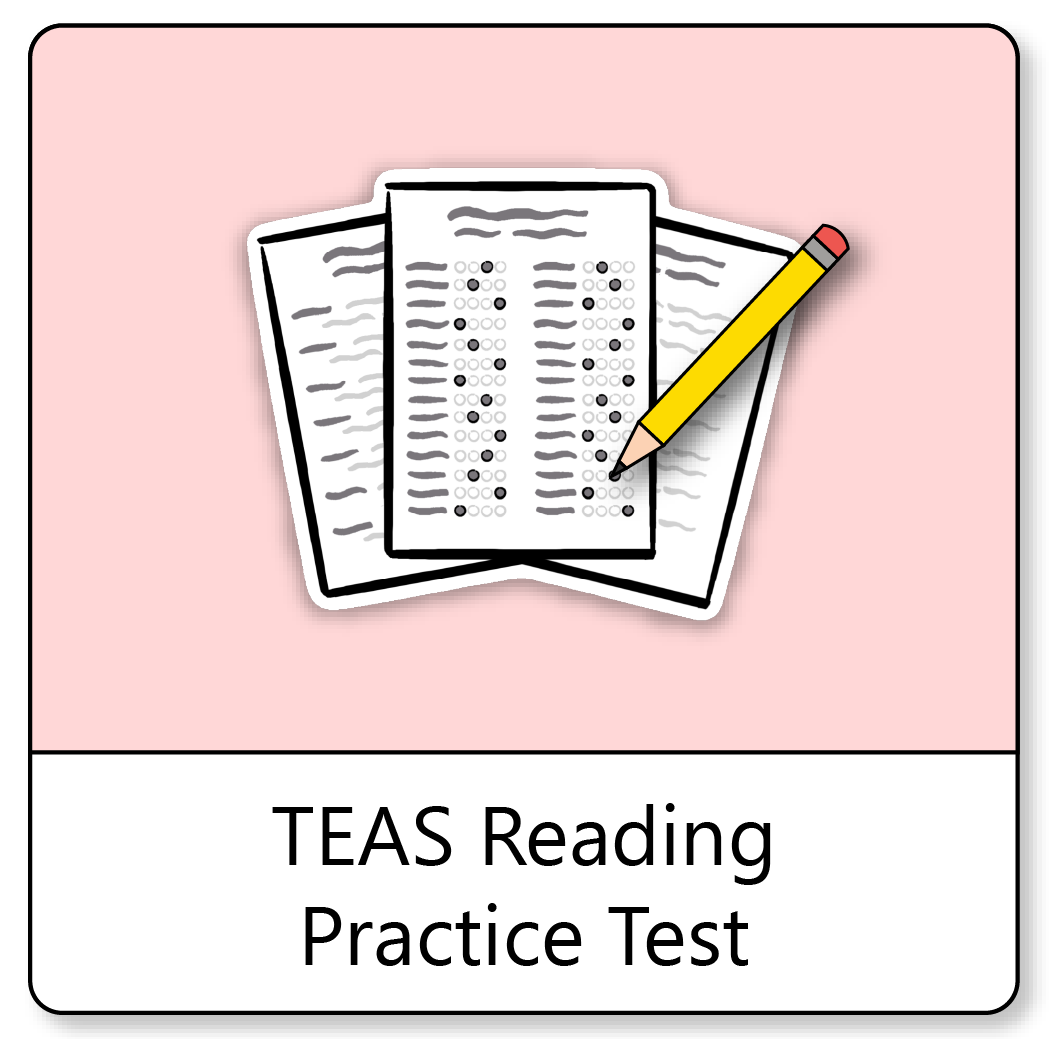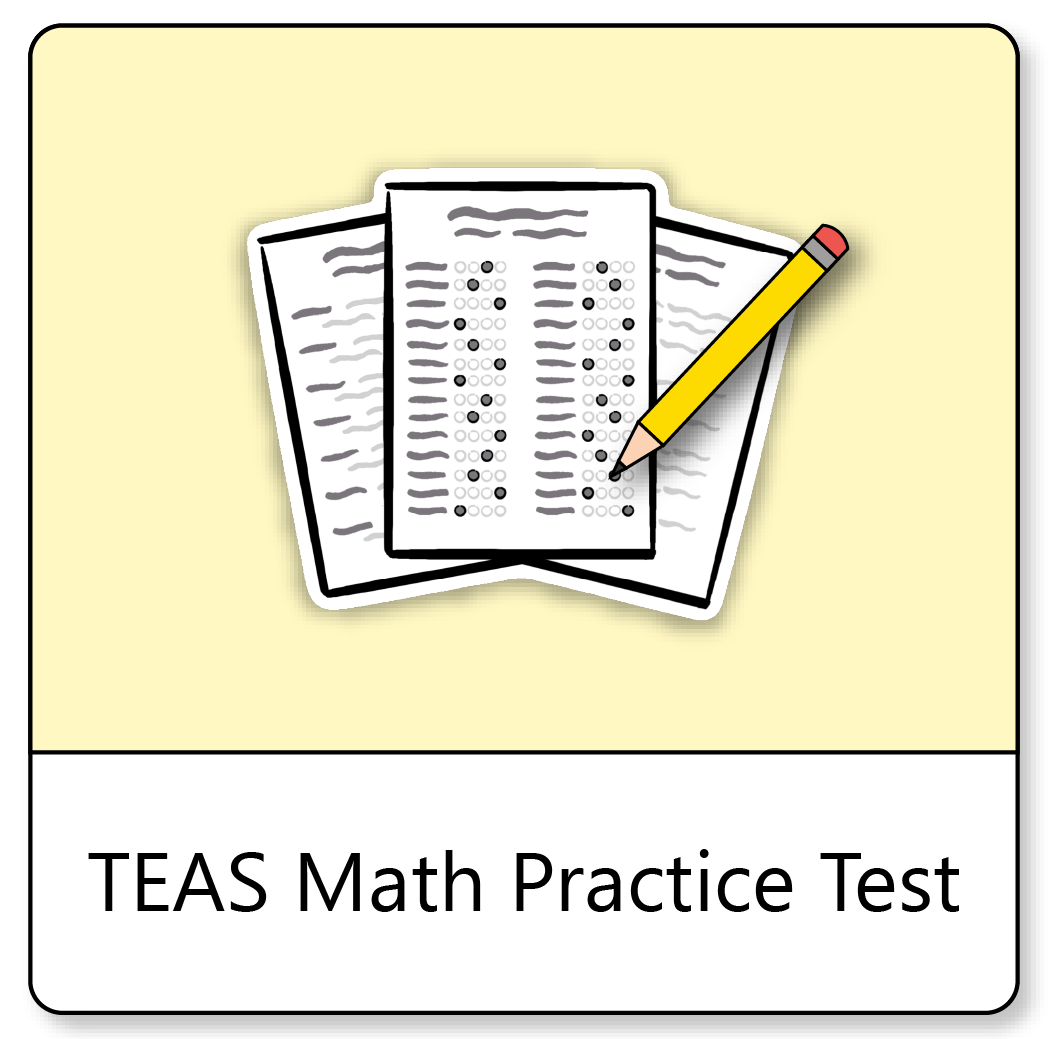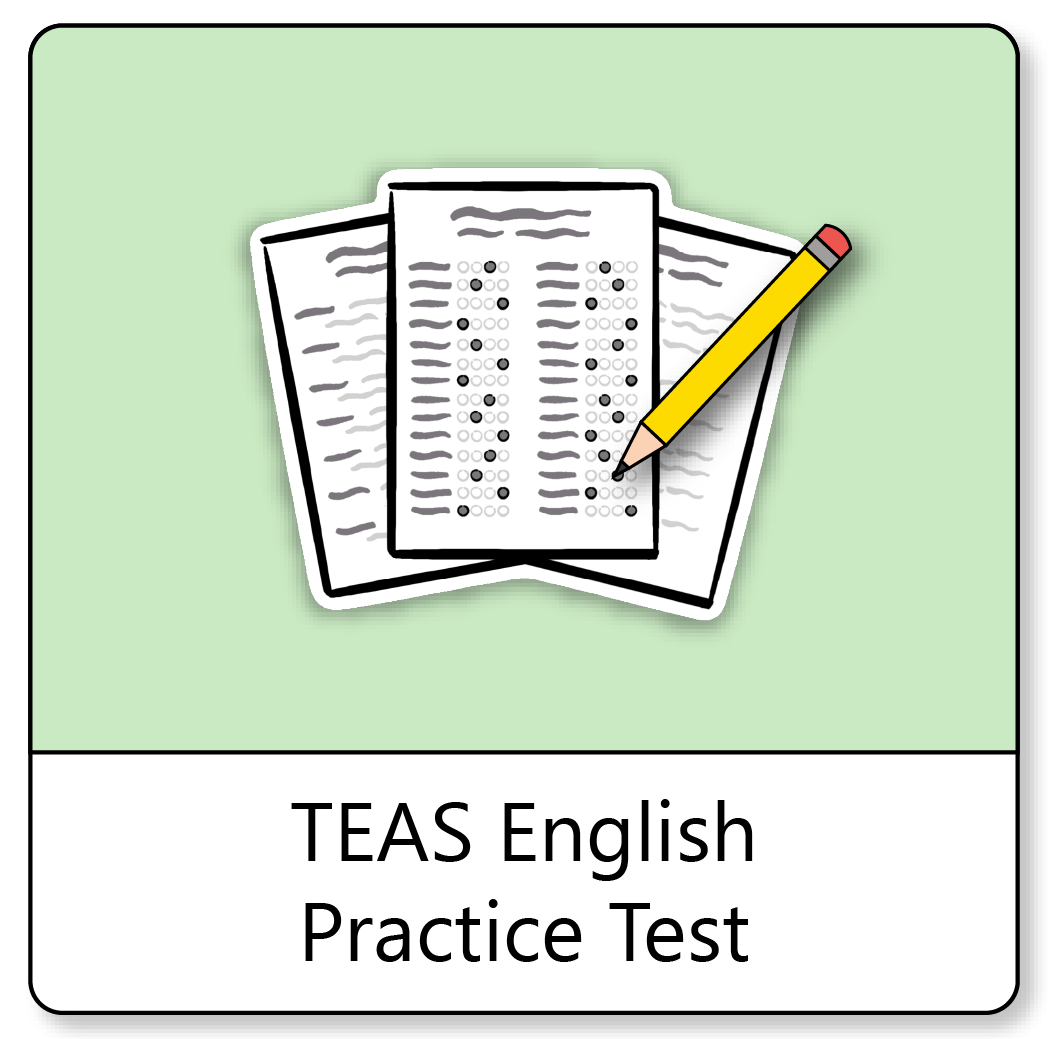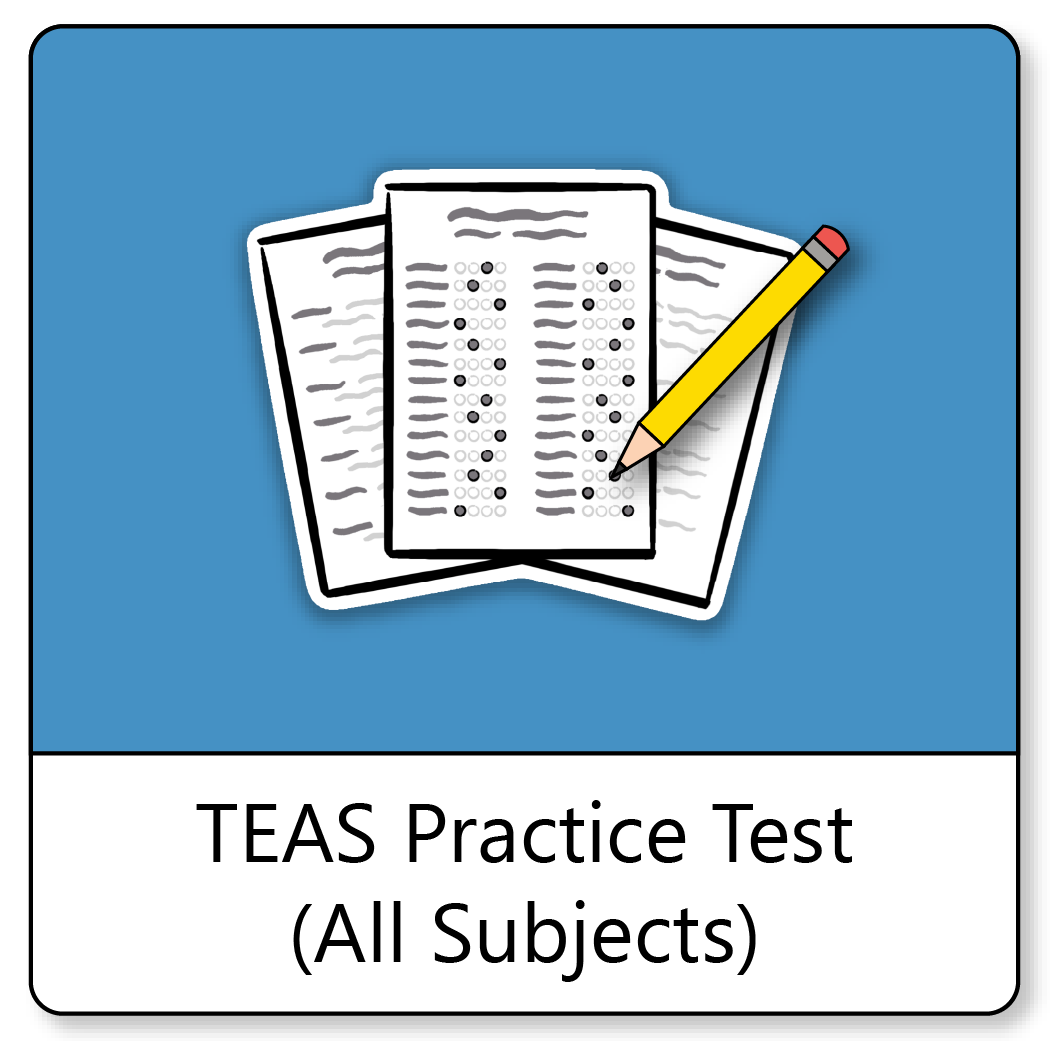If you need help studying for the TEAS® Science or just want some more information about what the test is like, you’ve come to the right place!
Click below to take a free TEAS Science practice test.
What Science is On the TEAS 7?
There are 50 science questions on the test, grouped into four main areas:
Human Anatomy and Physiology
18 scored questions
- Demonstrate knowledge of the general orientation of human anatomy
- Describe the anatomy and physiology of the following systems:
- Respiratory system
- Cardiovascular system
- Digestive system
- Nervous system
- Muscular system
- Male and female reproductive systems
- Integumentary system
- Endocrine system
- Urinary system
- Immune system
- Skeletal system
Biology
9 scored questions
- Describe cell structure, function, and organization
- Describe the relationship between genetic material and structure of proteins
- Apply concepts underlying Mendel’s laws of inheritance
- Describe the structure and function of macromolecules in a biological system
- Describe the role of microorganisms in disease
Chemistry
8 scored questions
- Recognize basic atomic structure
- Know the physical properties and changes of matter
- Describe chemical reactions
- Demonstrate how conditions affect chemical reactions
- Understand properties of solutions
- Describe concepts of acids and bases
Scientific Reasoning
9 scored questions
- Use basic scientific measurements and tools
- Apply logic and evidence to a scientific explanation
- Predict relationships among events, objects, and processes
- Apply the scientific method to interpret a scientific investigation
Other TEAS Practice Tests
Subject-Specific Practice Tests
If you need some extra practice in a another area of the TEAS test, click one of the subjects below to get started!
Full Practice Test
If you’d like to test your full range of knowledge, click below to take a full TEAS practice test that includes every subject:
Online ATI TEAS 7 Prep Course
If you want to be fully prepared, Mometrix offers an online TEAS 7 prep course. The course is designed to provide you with any and every resource you might want while studying. The TEAS 7 course includes:
The TEAS 7 prep course is designed to help any learner get everything they need to prepare for their TEAS 7 exam. Click below to check it out!
ATI® and TEAS® are registered trademarks of the Assessment Technologies Institute®, which is unaffiliated, not a sponsor, or associated with Mometrix Test Preparation.



 TEAS Online Course
TEAS Online Course TEAS Study Guide
TEAS Study Guide TEAS Flashcards
TEAS Flashcards




